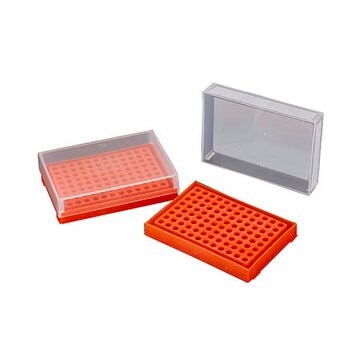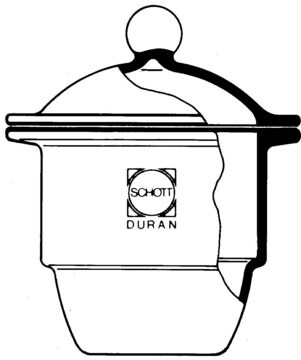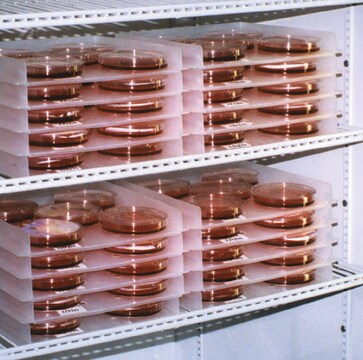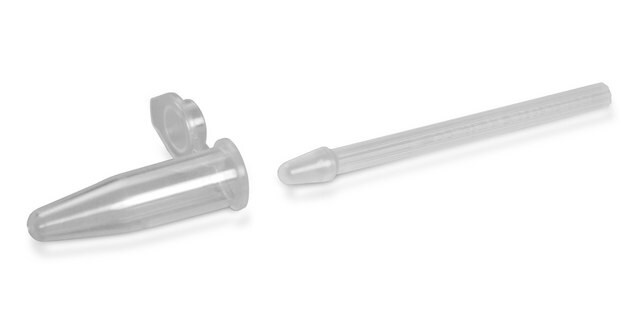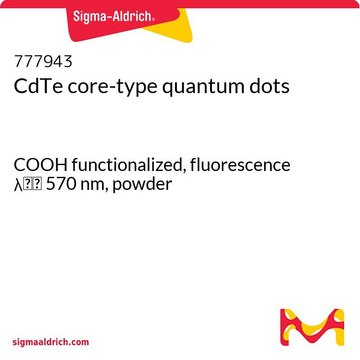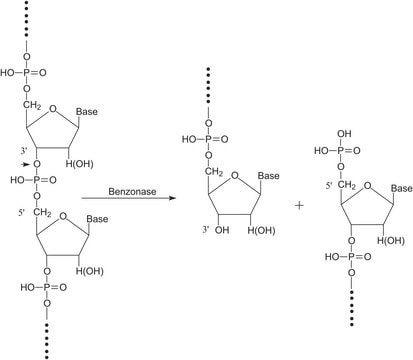WH0007486M9
Monoclonal Anti-WRN antibody produced in mouse
clone 3C11, purified immunoglobulin, buffered aqueous solution
Sinónimos:
Anti-RECQ3, Anti-RECQL2, Anti-RECQL3, Anti-Werner syndrome
About This Item
Productos recomendados
biological source
mouse
Quality Level
conjugate
unconjugated
antibody form
purified immunoglobulin
antibody product type
primary antibodies
clone
3C11, monoclonal
form
buffered aqueous solution
species reactivity
rat, mouse, human
technique(s)
indirect ELISA: suitable
indirect immunofluorescence: suitable
western blot: 1-5 μg/mL
isotype
IgG2aκ
GenBank accession no.
UniProt accession no.
shipped in
dry ice
storage temp.
−20°C
target post-translational modification
unmodified
Gene Information
human ... WRN(7486)
Categorías relacionadas
General description
Immunogen
Sequence
NPPVNSDMSKISLIRMLAPENIDTYLIHMAIEILKHGPDSGLQPSCDVNKRRCFPGSEEICSSSKRSKEEVGINTETSSAERKRRLPVWFAKGSDTSKKLMDKTKRGGLFS
Physical form
Legal Information
Disclaimer
¿No encuentra el producto adecuado?
Pruebe nuestro Herramienta de selección de productos.
Storage Class
10 - Combustible liquids
flash_point_f
Not applicable
flash_point_c
Not applicable
ppe
Eyeshields, Gloves, multi-purpose combination respirator cartridge (US)
Elija entre una de las versiones más recientes:
Certificados de análisis (COA)
¿No ve la versión correcta?
Si necesita una versión concreta, puede buscar un certificado específico por el número de lote.
¿Ya tiene este producto?
Encuentre la documentación para los productos que ha comprado recientemente en la Biblioteca de documentos.
Global Trade Item Number
| Número de referencia del producto (SKU) | GTIN |
|---|---|
| WH0007486M9-100UG | 4061832750224 |
Nuestro equipo de científicos tiene experiencia en todas las áreas de investigación: Ciencias de la vida, Ciencia de los materiales, Síntesis química, Cromatografía, Analítica y muchas otras.
Póngase en contacto con el Servicio técnico
